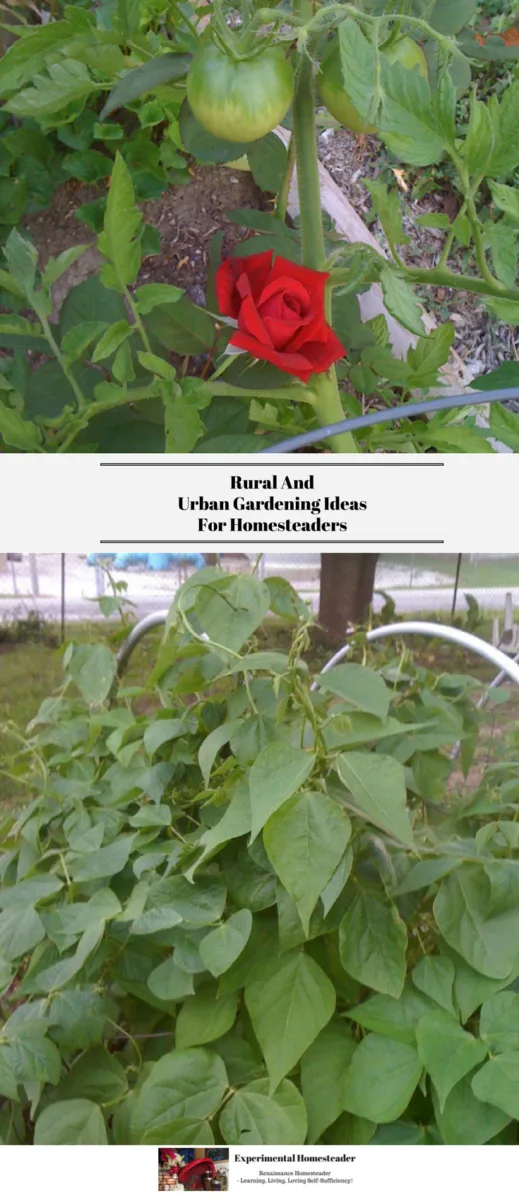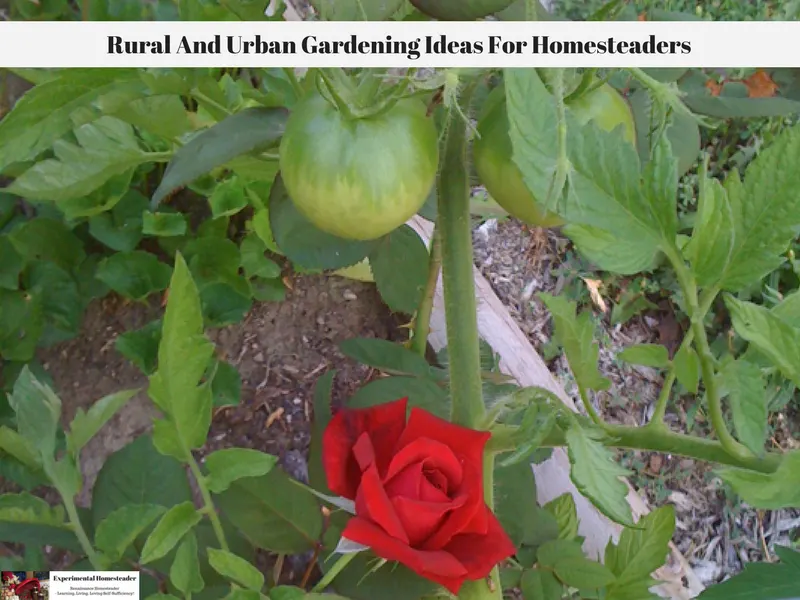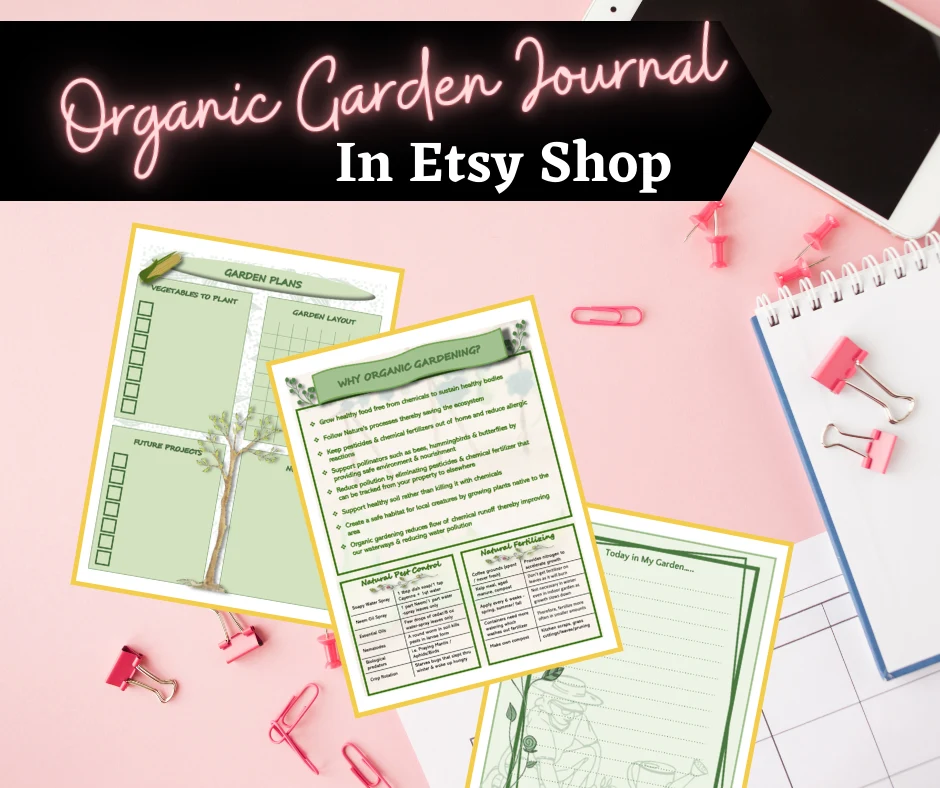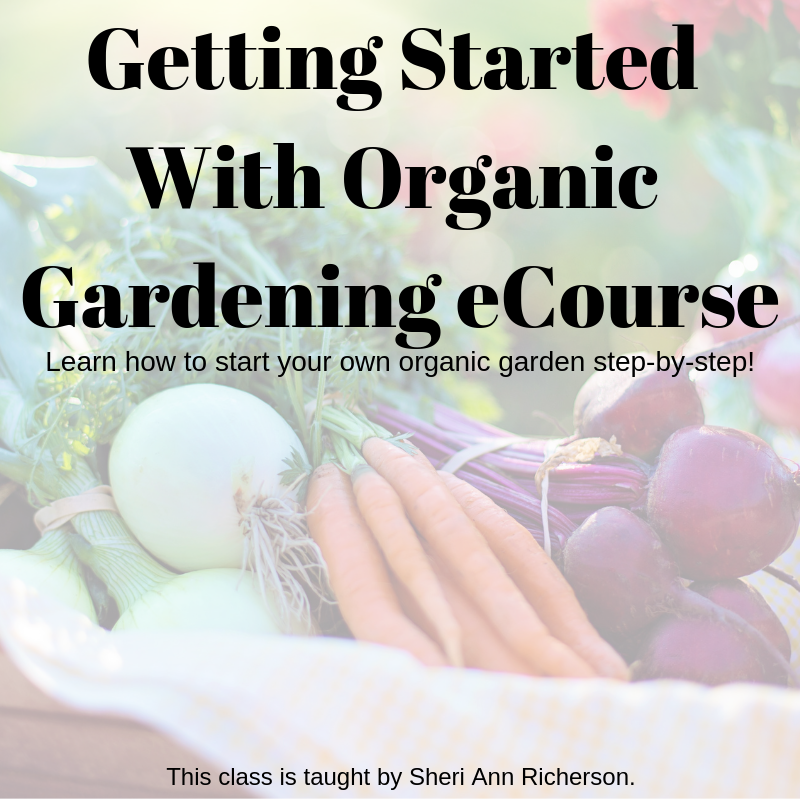There is no better time than right now to start growing your own food, indoors or out, and these rural and urban gardening ideas are just what you need to succeed.
Why Grow Your Own?
Stocking up on canned foods and medicines for future use is a good idea.
However, supplies run out quickly when you are using them and contantly buying what you need to keep your emergency supplies well stocked is expensive.
When you grow, raise or forage for food, it is easier to keep your pantry stocked plus you don't have to spend a fortune to do it.
Growing your own food for your family is a great way to stretch the budget, eat wholesome foods and prepare for the future.
Yes, You Can Garden Anywhere!
It doesn't require farming acres of land harvest food from your garden.
It is possible to grow food anywhere you live - even if you live in an apartment - and by using your space wisely you are sure to harvest more than you can consume.
If space is limited, start a garden in containers but be sure to choose organic soil made specifically for container gardening.
The Next Steps
Make a list of the foods you eat, which ones you want to plant and how much of each variety you wish to grow.
The next step is to figure out what your USDA Hardiness Zone is so you know when to start seeds indoors and begin planting outdoors.
Seeds Vs Plants
Some gardeners plant a garden using organic seeds while others choose small plants.
If you want to be able to keep replanting your garden from seeds, then you need to buy heirloom seeds so you can save seed from your garden from year to year.
Keep in mind not all nurseries use organic practices when starting plants from seed - nor do they all use non-GMO seeds.
To make sure the produce you grow is organic and non-GMO it is best to start with heirloom seeds.
Understand Companion Planting
Some plants grow better when they are planted close to one another.
A good example of this is tomatoes and old fashion red geraniums.
The red flowers of the geraniums encourage tomatoes to ripen faster.
Some plants make it difficult for other plants to survive, so for best results, avoid planting them next to one another.
Garden Location
For those with a nice plot of land, choose the location for your garden wisely because many plants have to have sunlight in order to survive.
There are some vegetables that do ok in part shade however, so if you do not have a lot of sunlight, do not be discouraged.
Choose an area uphill if possible or on high ground to avoid the possibility of toxic runoff contaiminating the soil.
Healthy Soil
A garden has to have healthy soil in order to produce an abundance of produce.
Use organic fertilizer or compost to enrich your soil prior to planting.
It is also a good idea to have your soil tested before you start planting to find out what the pH is, make sure the soil is healthy enough to sustain a garden and that no extra nutrients are needed.
Irrigation And Soil Drainage
Irrigation and drainage is important.
You want to make sure the area where you plant your garden is not in an area that holds standing water in the event of heavy rainfall.
If the water has difficulty running off, it can drown the plants.
Positioning is everything.
In the event you don't have an area that does not hold standing water, grow your plants in containers or raised beds.
More Rural And Urban Gardening Ideas For Beginners
- How To Compost At Home
- Understanding Why Your Hardiness Zone Matters
- How Much To Plant In Your Garden
- 5 Convincing Reasons Square Foot Gardening Is Awesome (plus 3 bonus reasons) - The Flip Flop Barnyard
Seed Starting Tips For Rural And Urban Gardeners
- Tomato Seed Starting Tips
- Growing Dianthus From Seed
- Vegetable Seed Starting Timeline For Zone 7B - The Flip Flop Barnyard
- The 6 Best Tips To Grow Healthy Seedlings - Home & Harrow
- How To Keep Your Seed Stash Organized - The Reid Homestead
Pest And Disease Control In Rural And Urban Gardens
Container Gardening Is Ideal For Rural And Urban Gardens
- Benefits Of Container Gardening During Changeable Weather Conditions
- 7 Easy Tips For Successful Container Gardening
- Creative Tips For Container Gardening
- Easy To Grow Tomaoes Ideal For Container Gardens
- Tips For Starting A Container Garden
Rural And Urban Vegetable Garden Tips
- How To Grow Tomatoes
- Grow More Tomatoes With These 8 Organic Gardening Tips
- Early Season Vegetable Garden Ideas
- Gardening In Winter In A Cold Climate
- Garden Resources For A Self-Sufficient Garden - Piwakawaka Valley
- 5 Surprising Free Foods You can Forage From Your Yard - Piwakawaka Valley
- Growing Rhubarb - Better Hens And Gardens Of Bramblestone Farm
- Planting & Growing Potatoes: The Lazy Bed Method - Better Hens And Gardens Of Bramblestone Farm
Rural And Urban Herb Garden Tips
Rural And Urban Flower Garden Resources
- The Best Time To Plant Bulbs
- Four Perennial Plants That Are Easy To Care For
- How To Deadhead Dianthus
Ready To Learn More About Organic Gardening?
Be sure to check out all the rural and organic gardening tips on my other site Exotic Gardening - simply click the photo below of the post you wish to read - and be sure to check back frequently for new articles!
Are you ready to start your own organic garden?
Learn how with my Organic Gardening eCourse which includes a copy of my eBook 101 Organic Gardening Tips!








